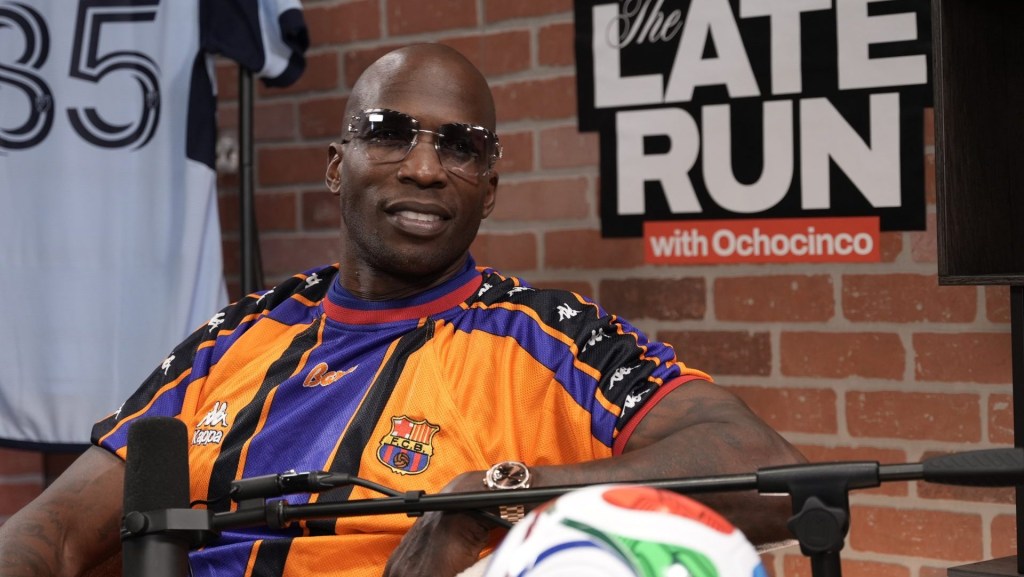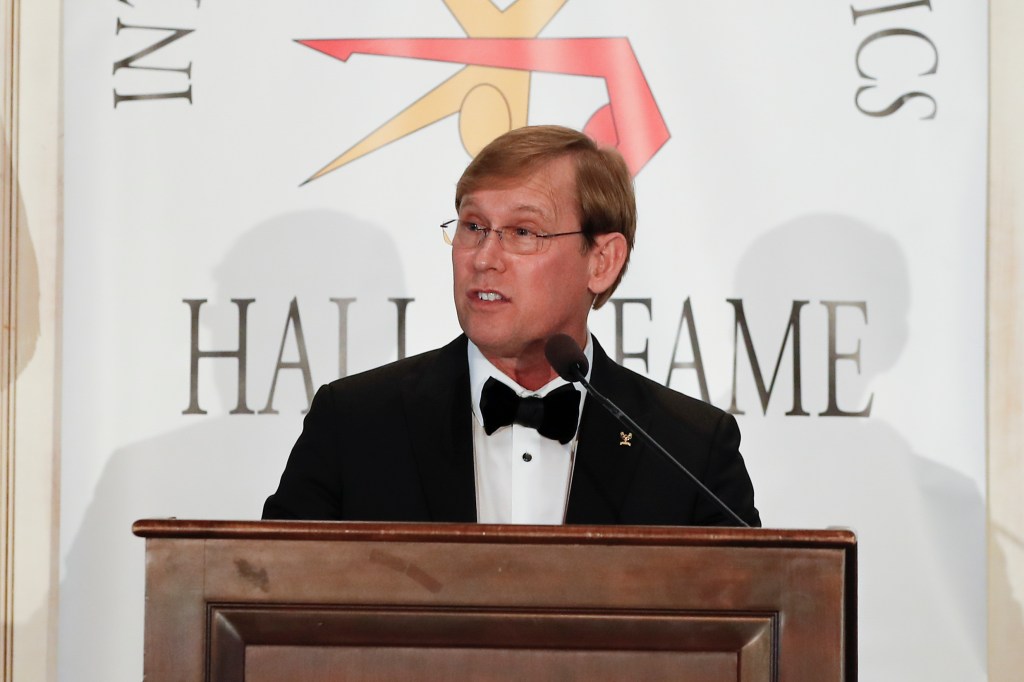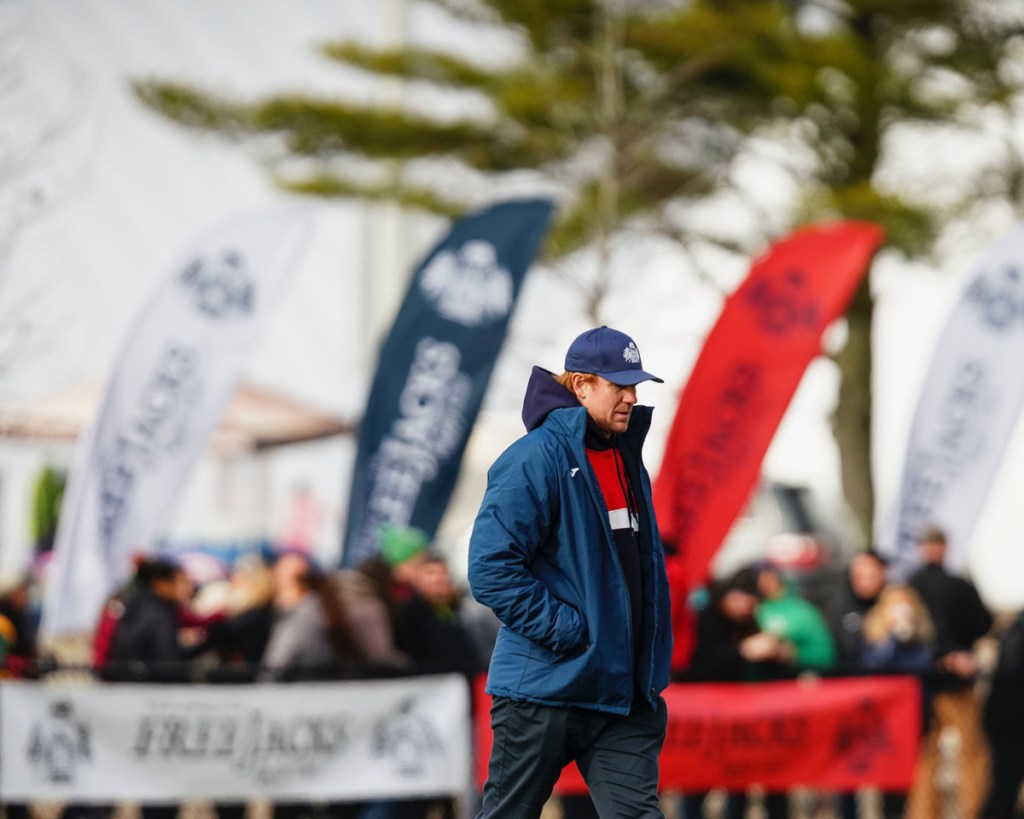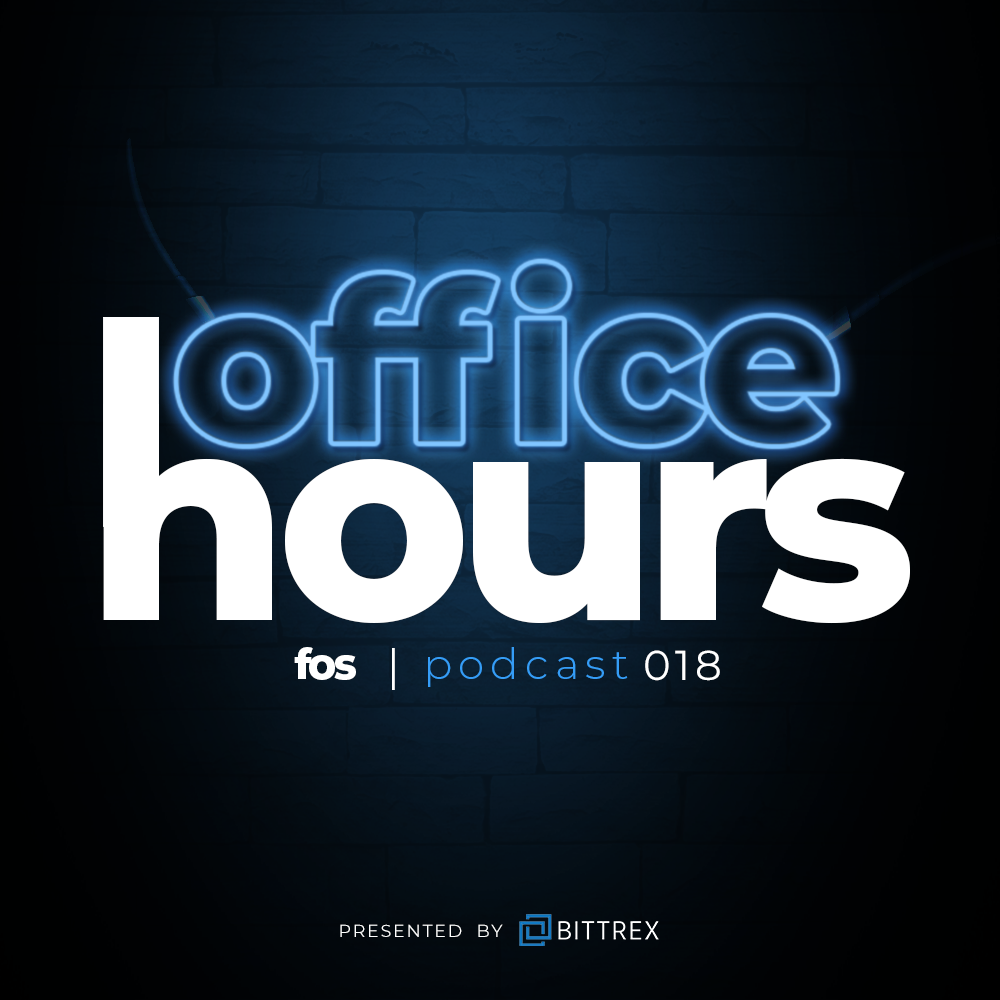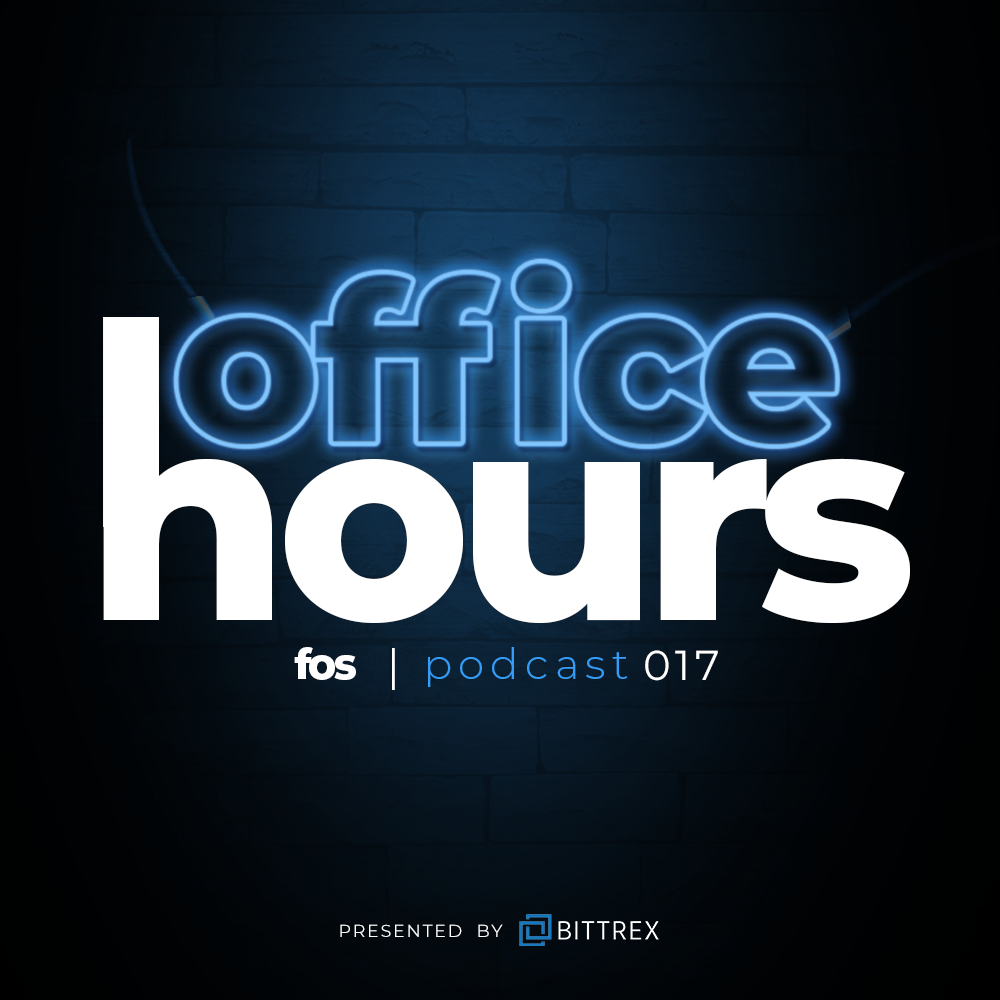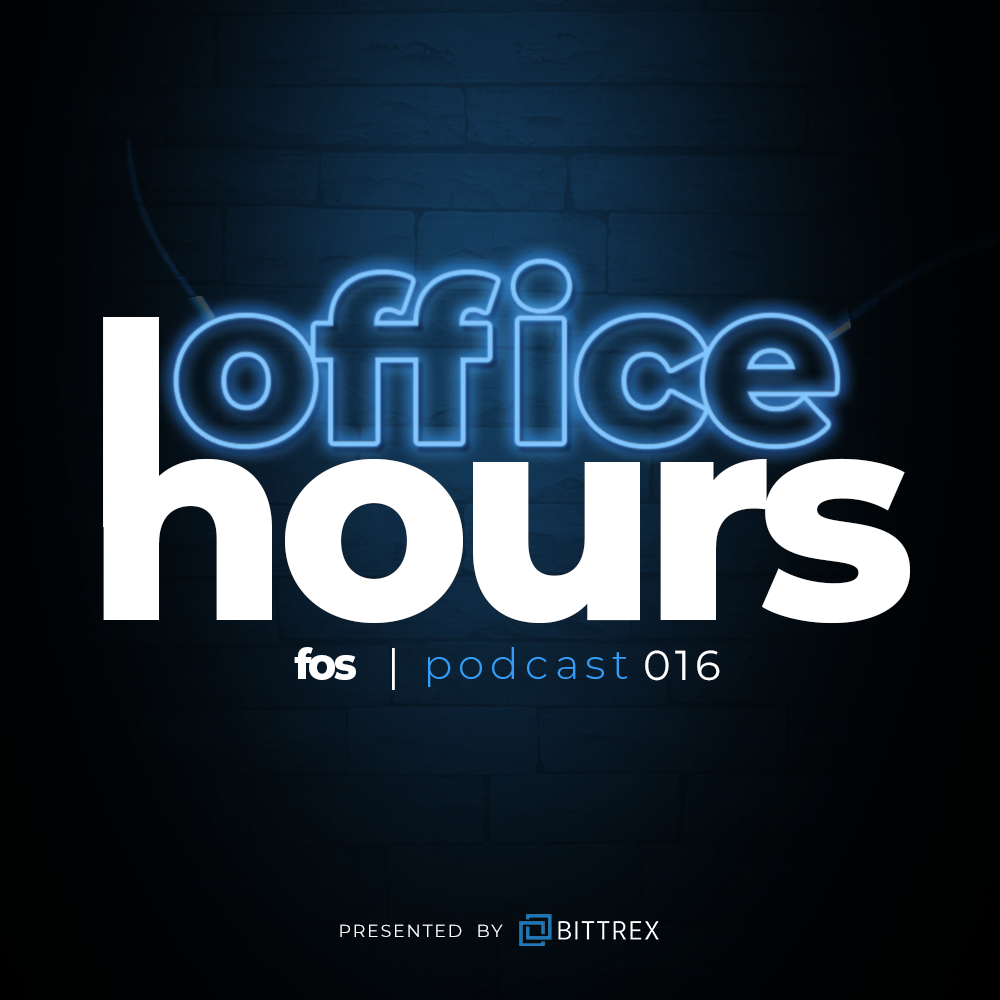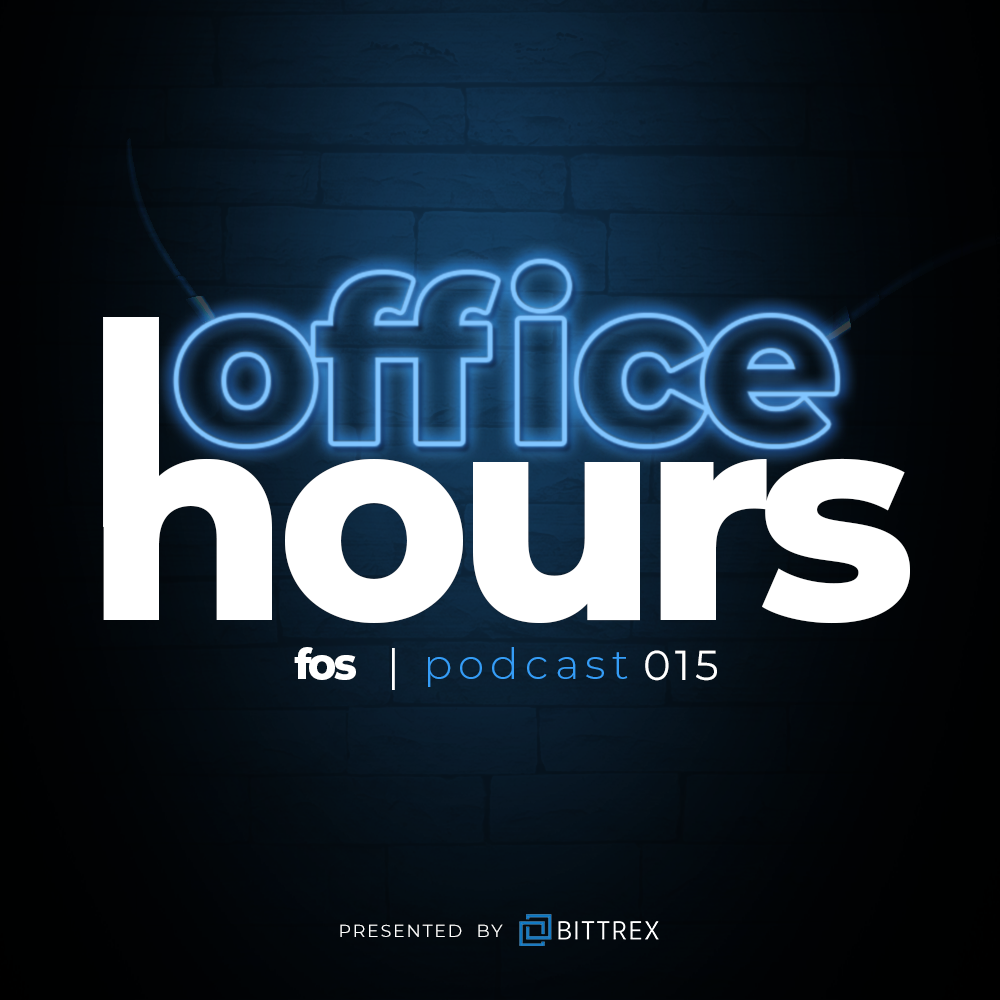Subscribe: iTunes | SoundCloud
Rob Perez wasn’t always World Wide Wob as he is known for today. Perez, who graduated from the University of North Carolina, got his start in the NBA selling tickets in the middle of the recession in 2009. An avid fan, he was just looking for any way to be involved with the league.
Finding success, Perez then eventually went from the team side to the broker side where he and a business partner started what he calls the “Groupon for sports tickets.” After selling that to a larger company, Perez found himself back working a 9-5 job with time to watch NBA games again and get back to doing what he was most passionate about, talking about the league.
Five years and few depressed Pizza Rolls later, Perez has become one of the most visible personalities on Twitter when it comes to the NBA. From working at Outback Steakhouse at 25 to help fund his ticketing startup to working for Fox Sports, Cycle, and now The Action Network, Perez has built a passionate following by investing in himself and trying to be great at one thing.
His story is one of dedication, a deft understanding of how to create content that people will care about, and the ability to risk it all to get it all.
Edited highlights appear below:
On How It All Began (6:14)
“The backstory on me was that I went to the University of North Carolina and got a degree in journalism like everybody else. I didn’t even use it coming out of college. I was working for a team just like the two of you, but it was on the season ticket sales side. When I graduated in 2009, there was not a job to be had. It was like the biggest part of the recession.”
“So, the only jobs that were really hiring were sales jobs. So I knew I wanted to work in the NBA, just being a passionate fan at all. So I took a very entry level job and did well at it. I quickly moved up the corporate ladder and quickly realized how much money brokers were making on the other side, so I moved to the broker side for a couple of years after that, ended up starting my own brokerage slash ticketing website that was like the Groupon for sports tickets.”
“We ended up selling that to a bigger company. The reason why I’m telling this story is because once I got to the bigger company, it was back to the nine to five where I had the ability to live a life again. I was watching the NBA as always, but this kind of gave me an opportunity to, get back to the what I’m passionate about, which was talking about the league.”
On the Growth to Where He is Now (12:54)
“There was no Ken Bone or Walmart yodeling kid type of overnight virality. I never really had that moment. It was just a slow drip of basketball content that got me to this point. Maybe that’s why everyone is still kind of hanging around because they feel like they’re part of the story at some point.”
Social on the Sidelines is Presented to You By: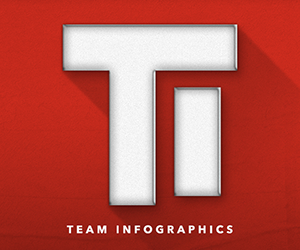
On Police Chases and His Personal Social Media Strategy (16:14)
“The big picture of it all was my strategy towards social media and content in general. I wanted to be really good at something, one specific thing first. For me, when I was just getting going I was talking about NBA gambling and stuff like future bets. I wanted to be known as that guy first and then I moved into play-by-play commentary. Then I moved into whatever the hell it is I’m talking about now.”
LISTEN MORE: Zach Harper on the NBA, Soup, and Finding His Professional Way
“I continued to go base to base here and just say ‘I want to be the best at this’ before I add to my arsenal of whatever my content battle station is. I know that sounds corny and cheesy, but it’s true. So police chasing just became the next thing that I wanted to own on the internet.”
On His Advice for Others (34:10)
“My recommendation is, whether it’s fair or not, is I don’t think you’re going to succeed in this industry unless you make it your lifestyle. You have to be 24/seven about it because there’s gonna be people like myself that don’t leave the apartment for five days. Like that’s just the truth of it. When I was getting going, I was working at an Outback Steakhouse at the age of 25 trying to pay my bills to watch NBA and start a ticketing website.”
“You have to be willing to invest in yourself. You have to be willing to not take a paycheck and commit to getting your voice and your content out there as much as possible. For a long time, there’s not going to be a cash influx. That’s just the way the industry is right now. Maybe that will change down the road, but you have to really be willing to risk it all to get it all.”
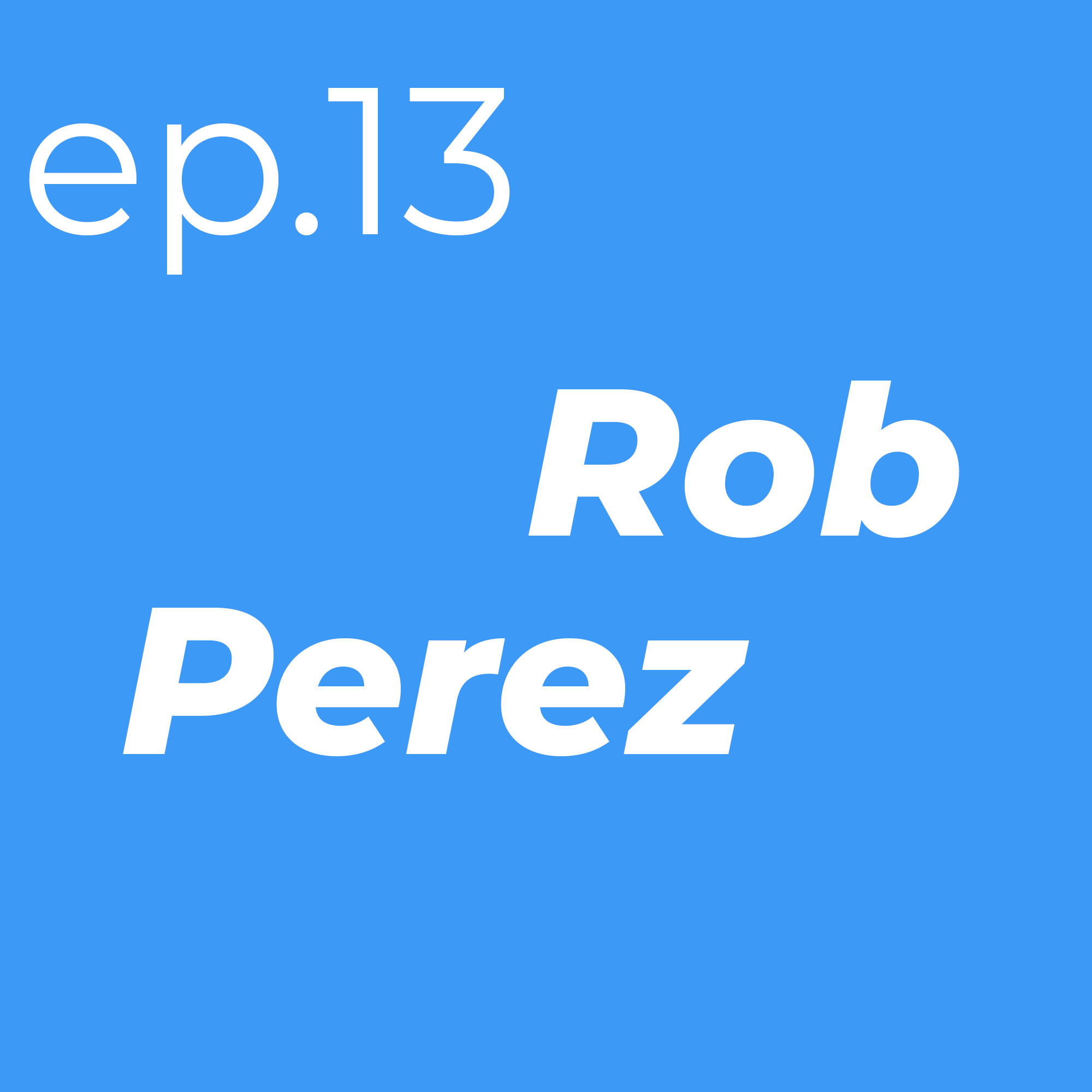
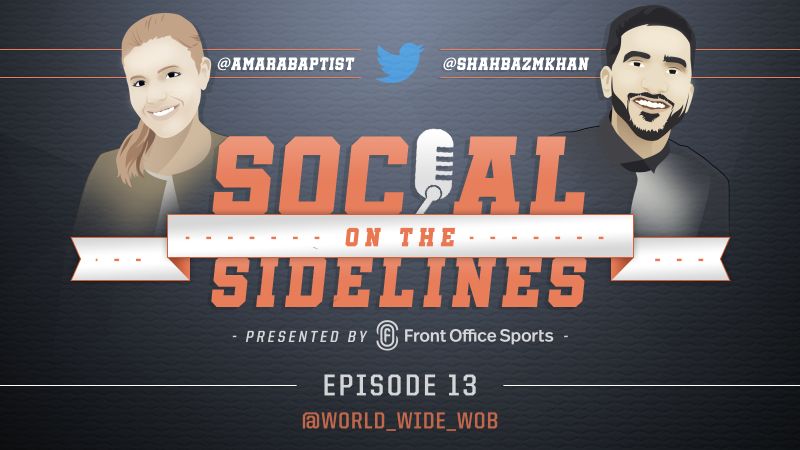






![[Subscription Customers Only] Jun 15, 2025; Seattle, Washington, USA; Botafogo owner John Textor inside the stadium before the match during a group stage match of the 2025 FIFA Club World Cup at Lumen Field.](https://frontofficesports.com/wp-content/uploads/2026/02/USATSI_26465842_168416386_lowres-scaled.jpg?quality=100&w=1024)
![[Subscription Customers Only] Jul 13, 2025; East Rutherford, New Jersey, USA; Chelsea FC midfielder Cole Palmer (10) celebrates winning the final of the 2025 FIFA Club World Cup at MetLife Stadium](https://frontofficesports.com/wp-content/uploads/2026/02/USATSI_26636703-scaled-e1770932227605.jpg?quality=100&w=1024)
